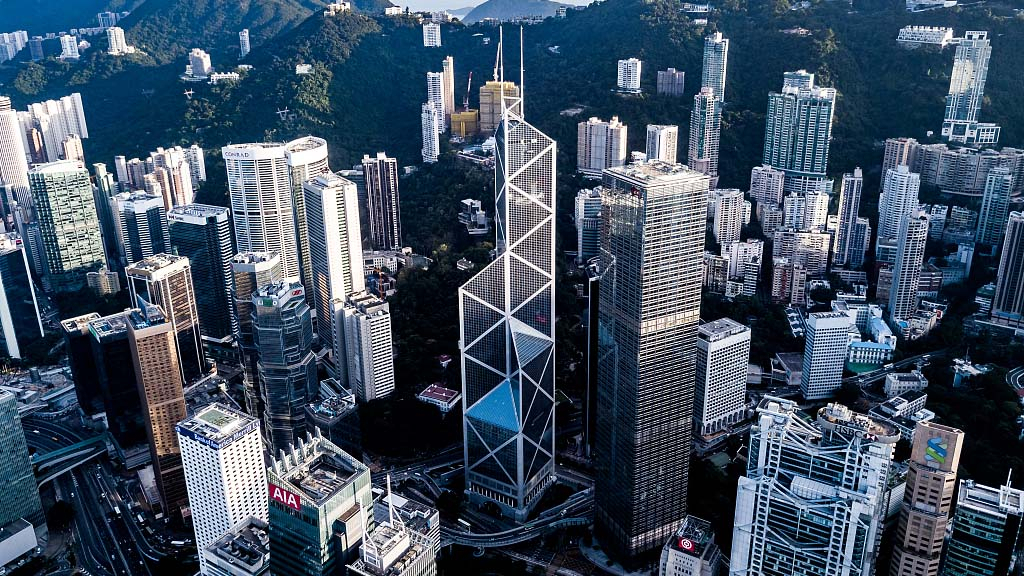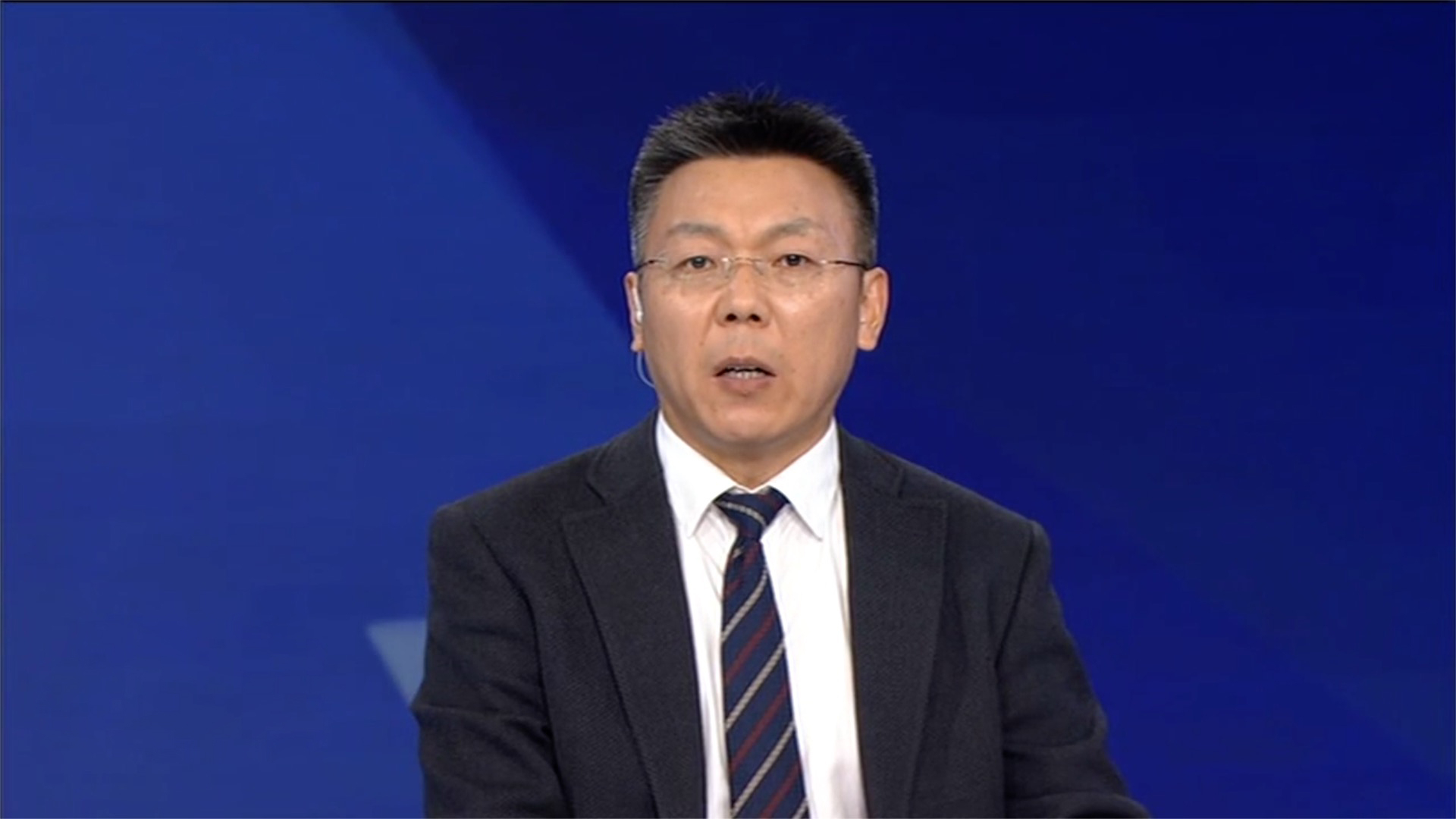

Radical protests against a controversial fugitive transfer bill in Hong Kong have continued for more than two months. Though the law has long been pronounced dead, violent demonstrations persist. Experts believe there's more to these protests than just the fugitive ordinance.
"Well, I think you have to look at a larger scale. The protests are part of a color revolution that has been instituted for many years," said Lawrence Ma, a barrister and chairman of the Hong Kong Legal Exchange Foundation. He fears that external forces combined with internal subversive ones are trying to paralyze the government.
The term "color revolution" usually refers to a series of symbolically named peaceful uprisings in the former Soviet Union more than a decade ago that contributed to regime changes. In recent years, Russian officials expressed that color revolutions are increasingly taking on the form of war and are developed according to the rules of war.
Color revolutions are characterized by the vital role of students and Non-Governmental Organizations (NGOs) in hosting non-violent resistance, such as demonstrations, strikes and interventions. The Hong Kong demonstrations, however, have been far from peaceful.
Ma barely made it to the interview on time due to barricades set up by rioters. Protesters have set up roadblocks in major arteries of the city, including major roads and tunnels that link Hong Kong Island and Kowloon.
He recalled the horrific incidents he has encountered these past few days. "When I travel, I usually take about 15 minutes. Now I took 2.5 hours. There were traffic jams and people had to detour. As a result, people are disgruntled when they approached the barricades. The cars were stopped and the protesters were smashing the windscreen of the cars. Some of the drivers were being dragged out from the driver's seat onto the ground and smashed," he said.
Hong Kong's police force believes the situation is spinning out of control. Authorities announced that 589 people had been arrested in the protests since June 9.

Xu Qinduo, a senior fellow at the Pangoal Institution, believes that the police force should be boosted. On social media, he sees the rioters advocating for violence and senses a loss of decency, respect for the law and common sense.
He says he is not sure how long such illegal behaviors could be tolerated.
Ma suggested that Hong Kong needs to implement an emergency curfew. He said that under the current Hong Kong law and the public order ordinance, there is a curfew order that allows the government to issue an executive order proclaiming the city to be in a curfew state, prohibiting people from leaving their homes and entering the street.
However, Ma added that Hong Kong may not have sufficient human resources, particularly the police force, to patrol the curfew orders.
(If you want to contribute and have specific expertise, please contact us at opinions@cgtn.com.)

Copyright © 2018 CGTN. Beijing ICP prepared NO.16065310-3
Copyright © 2018 CGTN. Beijing ICP prepared NO.16065310-3